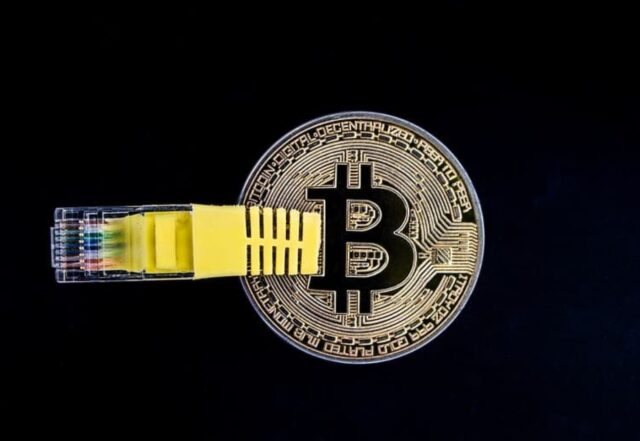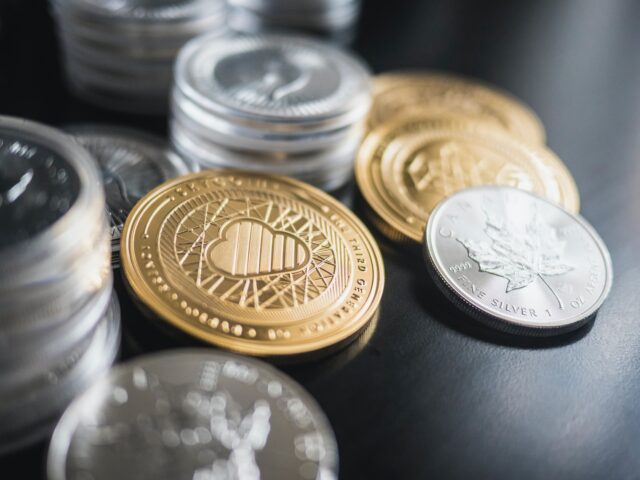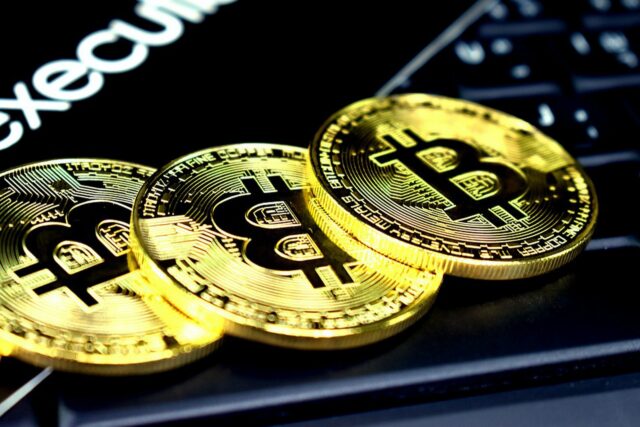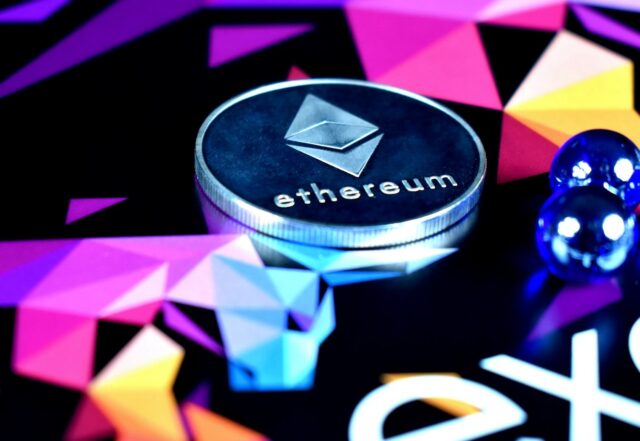
Cryptocurrencies have completely revolutionized the way we view money. Decentralized monetary systems were unimaginable just a decade ago, especially on this big of a scale. But, why is this such a big deal? Why do you keep reading about it on seemingly every Bitcoin article you encounter? More importantly, is it a good thing or not?
Well, in this article, we’ll be answering all of these questions, so keep on reading to learn more!
Centralized vs Decentralized cryptocurrencies
Many people wrongly believe that all cryptocurrencies are decentralized, but it couldn’t be farther from the truth. In fact, most crypto exchanges happen with the help of intermediaries or third-party services. So, which one is the better option?
Well, both of these systems have their advantages and disadvantages, but decentralized crypto exchanges are by far more popular. They’re unique because they give their users complete control, and there are no fees for using the platform.
To put it bluntly, centralized systems require a third-party regulator while decentralized crypto exchanges are tracked on the blockchain.

Benefits of decentralized crypto exchanges
Now, in this part of the article, we’ll try to demonstrate everything good about the decentralization of cryptocurrencies. While there are some dangers too, the pros tend to overweigh the cons in most cases. It’s important to note that this type of monetary system can be a bit difficult to understand, as it’s completely different from what we’re used to. With that in mind, let’s continue to the advantages of this type of exchange:
1. It’s not controlled by a bank/third-party service
As we mentioned before, this type of system puts its users directly in control of the currency. It means that its value won’t be affected by changes to national monetary policies or dictated by a third party provider in any way. You’re basically your own bank: there’s nobody who’ll monitor your transactions or confiscate your money. Also, nobody will “spy” on you or keep your data with them, which allows for anonymity and privacy.

2. It’s borderless
Since no financial institutions nor government entities are in control of the currency, international trade becomes much easier. It has the same value no matter where you are, and there’s no need to worry about foreign exchange rates. The currency can’t be devalued by geographical factors. There are also no limits imposed by third-party entities, which allows for seamless and cheap international payments.
3. Immunity to inflation
Again, since the system is self-regulatory, you’ll be avoiding the risk of inflation. The currency won’t be devalued by inflation as there’s no way for it to become “overproduced”. While cryptocurrencies aren’t completely inflation-proof because inflation affects the entire economy (and its users along the way), it’s still a much better alternative to fiat currencies.

4. High-interest opportunities
Another great thing about decentralized finance protocols such as CLVA is that you’ll be able to enjoy earning higher interest by simply owning a crypto coin. This is possible because these interest rates don’t depend on the decisions of the central bank or any other financial entity, for that matter. We all know that keeping a savings account in your local bank isn’t how you’ll get the financial freedom you deserve.
So, yes, decentralized crypto can serve as a great way to store and increase your savings through time.
5. Accessibility
As we already mentioned, you don’t need to get approved by a third-party service such as a bank to access and use decentralized cryptocurrency. It’s accessible by anyone, anywhere! Everything you need to start using crypto is a digital wallet. It takes only a couple of minutes to open it, and you can access it no matter where you are. Besides, as the popularity of cryptocurrencies is rising, you can now buy and sell anything by using solely crypto!

6. Security
The biggest advantage of a decentralized crypto exchange is that it’s incredibly secure. It’s virtually impossible for hackers to gain access to your funds, which can’t be said for centralized systems. If there’s a security breach on a centralized exchange platform, all of their users are at risk of losing their funds and their data.
7. Zero fees
Using decentralized platforms for crypto exchange means you won’t have to pay any service fees. Since there’s nobody who’s monitoring and taking care of your transactions, there are no additional payments required.

8. Anonymity
Your transactions won’t be added to a third-party database, because- you’ve guessed it- there’s no third-party out there. A decentralized exchange is peer-to-peer, so your privacy will stay protected at all times. For example, when you trade with bitcoin, you’ll use your bitcoin address that has no connection to your personal data.
9. It’s fast
Since there’s nobody who needs to “process” your transactions, you’ll get a seamless trading experience. It’s probably the fastest type of exchange currently available.

10. Censorship resistance
Lastly, no third-party can arbitrarily seize your assets when you’re trading with decentralized crypto. It’s simply not possible since there’s nobody who’s processing your transactions. Again, you’re your own bank.
Potential dangers
Decentralization of cryptocurrency and cryptocurrencies themselves are a relatively new phenomenon. So, it would be unwise to say that the system is perfect in every possible way. While there are many advantages to using it, there are also numerous risks associated with it.
First of all, these systems are too challenging to regulate. You’d be able to use these cryptocurrencies even in places where they’re prohibited by law. Also, since there’s nobody who takes care of your transactions, there’s nobody to hold accountable if something happens to your assets. You’re completely on your own there.

The final verdict
The decentralization of cryptocurrencies is certainly a good thing. Naturally, it’s not a perfect system, and there are some drawbacks to it that we cannot ignore.
However, it seems that the advantages greatly outweigh the disadvantages, and the system seems to be in constant development. We wouldn’t go as far as to say that these cryptocurrencies are the future of the monetary system, but they do represent an attractive alternative to the traditional ways of exchange.









